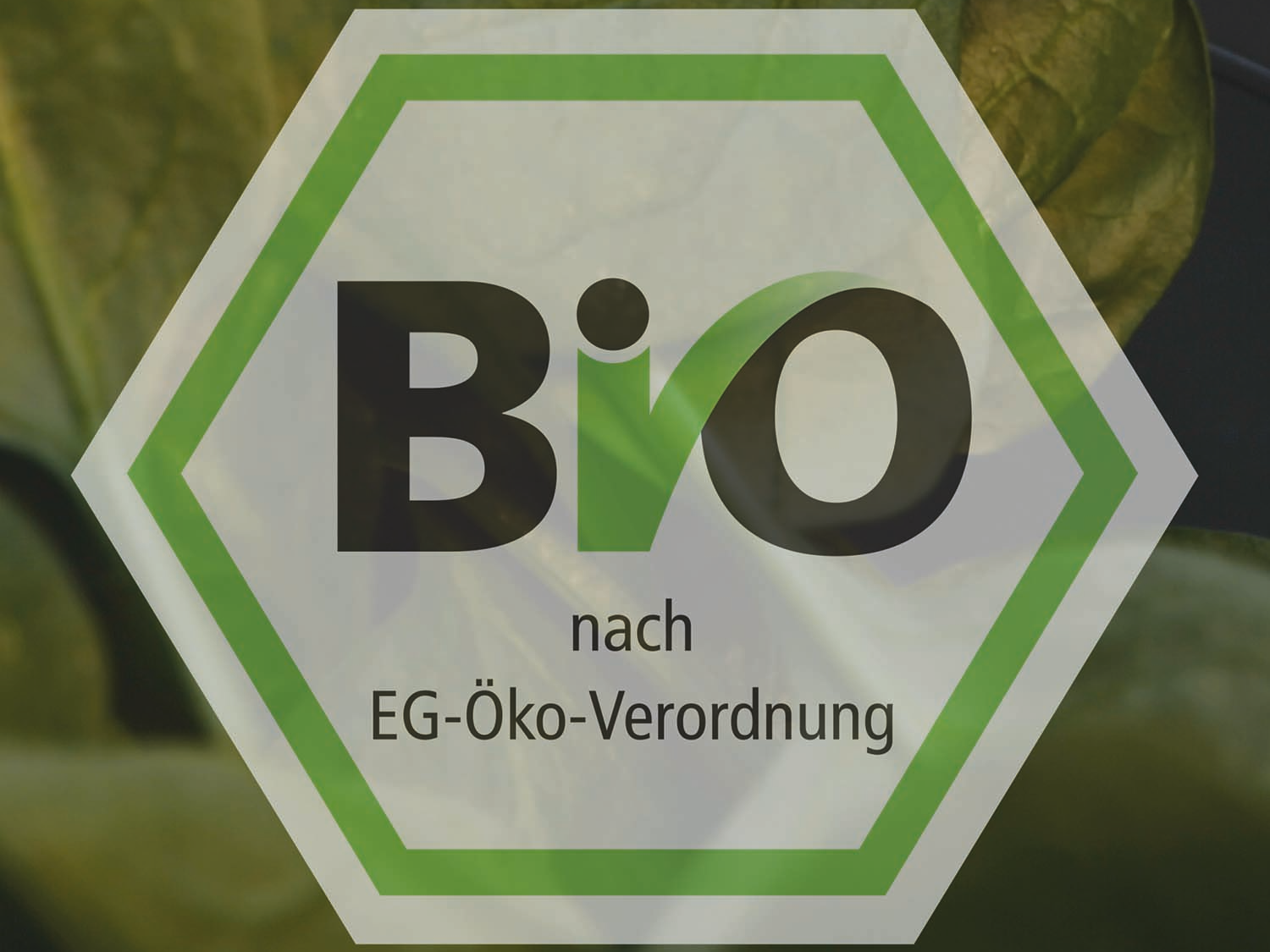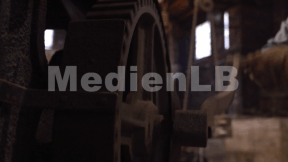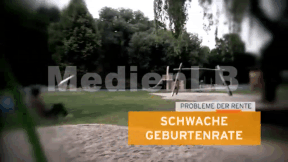 Chemistry
Chemistry
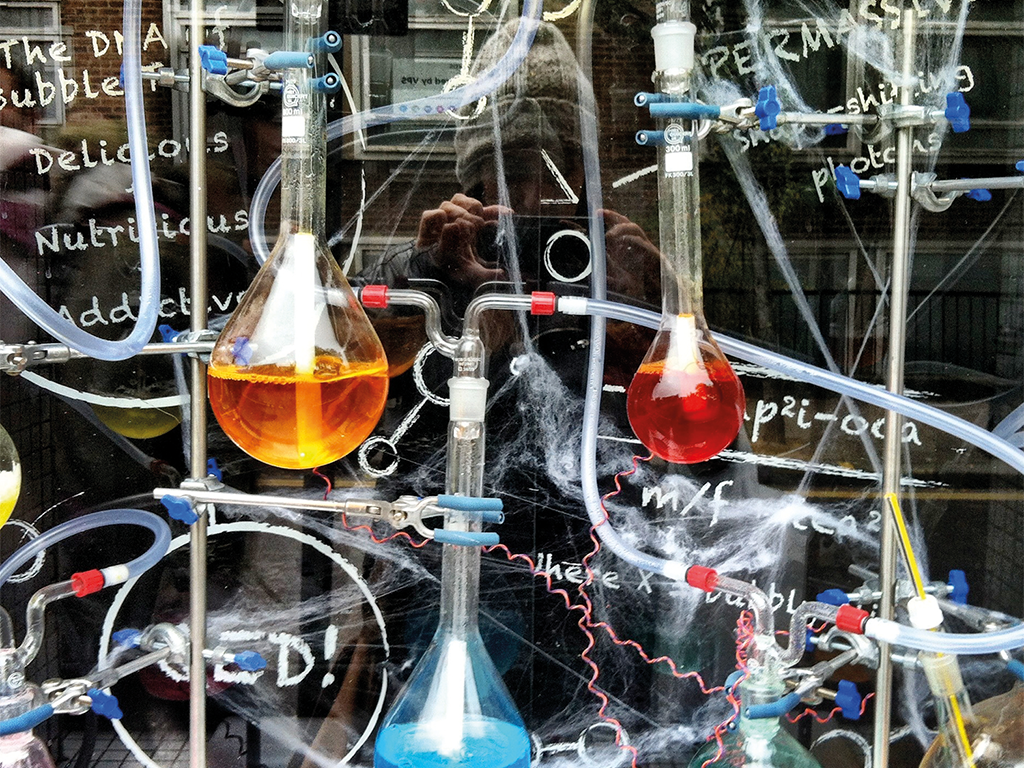
4679015 / 5565776
Wie Chemiker arbeiten
Experimente und Industrie
Chemie begegnet uns permanent im Alltag, beim Kochen, Putzen oder Backen.
Der Film zeigt in aufwändigen Animationen den Aufbau der Elemente auf der Ebene der Atome und Moleküle und erklärt anschaulich, wie chemische Reaktionen zustande kommen.
Die wesentlichen Verfahren der Chemie, die qualitativen und quantitativen Nachweise sowie die Synthese werden in anschaulichen Experimenten vorgestellt.
Ausgehend von einer Erklärung des Katalysators wird der Bogen zur Industrie und der Darstellung des Haber-Bosch-Verfahrens zur Ammoniaksynthese gespannt.
Ganz neu ist der Einsatz von interaktiven Aufgaben und Videos, die den Lernerfolg und – spaß deutlich erhöhen.
Dank der verwendeten H5P-Software sind die interaktiven Aufgaben ohne zusätzliche Software verwendbar.
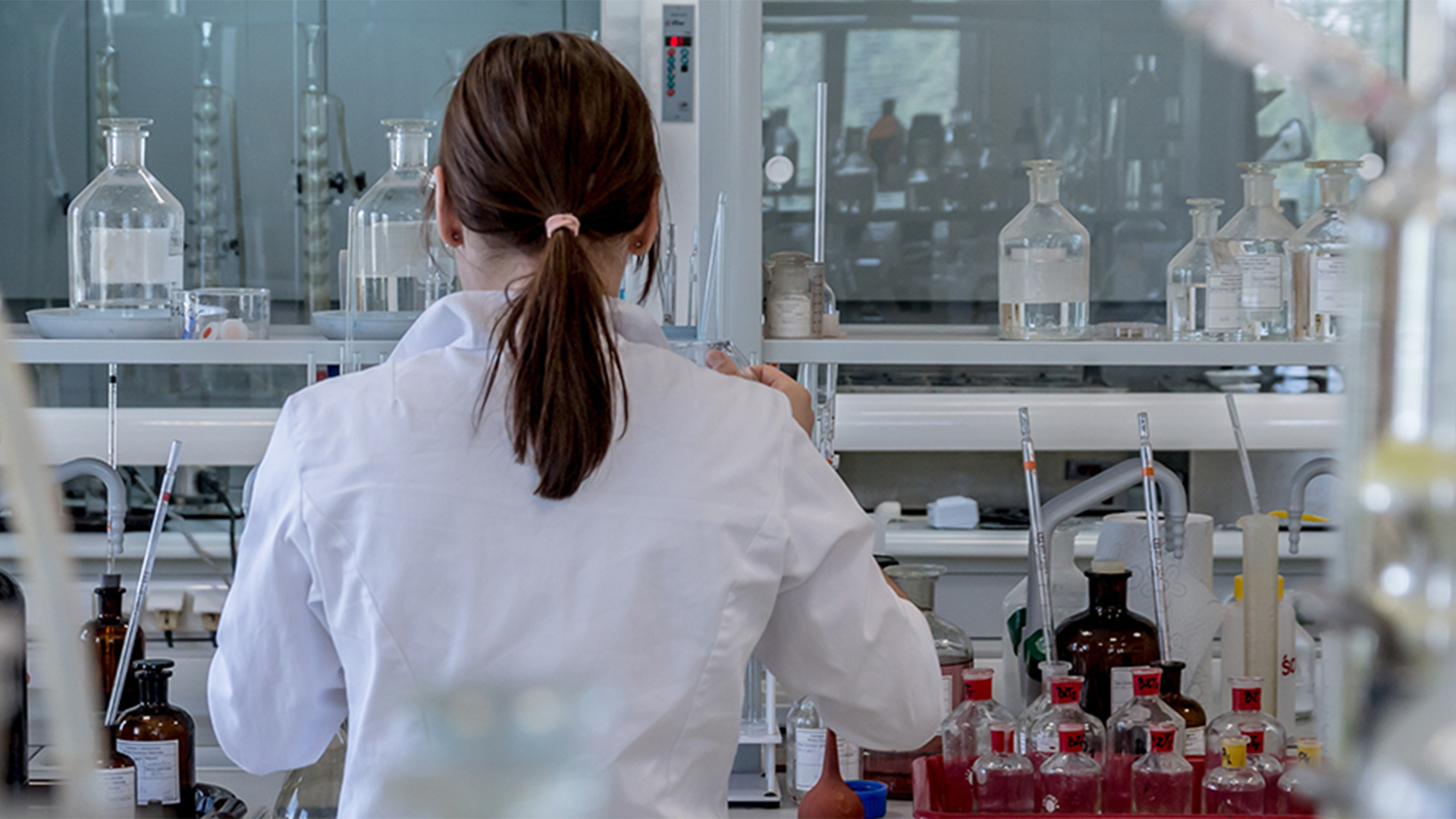
Curriculum-centred and oriented towards educational standards
Matching
Gütesiegel
Gütesiegel wie das „Bio-Siegel“, „Blauer Engel“, „Stiftung Warentest“ und bis zu 1.000 weitere Siegel repräsentieren Eigenschaften wie Nachhaltigkeit, Gesundheit oder Sicherheit bezüglich eines Produkts, einer Dienstleistung oder auch eines Unternehmens.
Rechte und Pflichten
In Spielszenen und mit zahlreichen Experteninterviews geht der Film den Fragen der Rechte und Pflichten von Jugendlichen nach.
Altersarmut
Innerhalb von 52 Jahren hat sich in der Bundesrepublik das Verhältnis von Beitragszahlern für die Rente zu den bestehenden Rentnern um den Faktor 3 verschlechtert. Sind 1962 noch 6 Erwerbstätige für die Rentenzahlung eines Rentners aufkommen, so mussten 2014 zwei Erwerbstätige für die Rentenzahlung von einem Rentner aufkommen. Die Altersarmut in Deutschland steigt. Denn nur wer 40 Jahre ohne Unterbrechung mindestens 2.100 € verdient hat, bekommt als Rente mehr als den Hartz-IV-Satz ausgezahlt. Beschäftige im Niedriglohnsektor oder in Teilzeit können selbst nach 45 Jahren Arbeit nicht von ihrer Rente leben. Vielen Rentnern bleibt nur der entwürdigende Weg zum Arbeitsamt.




